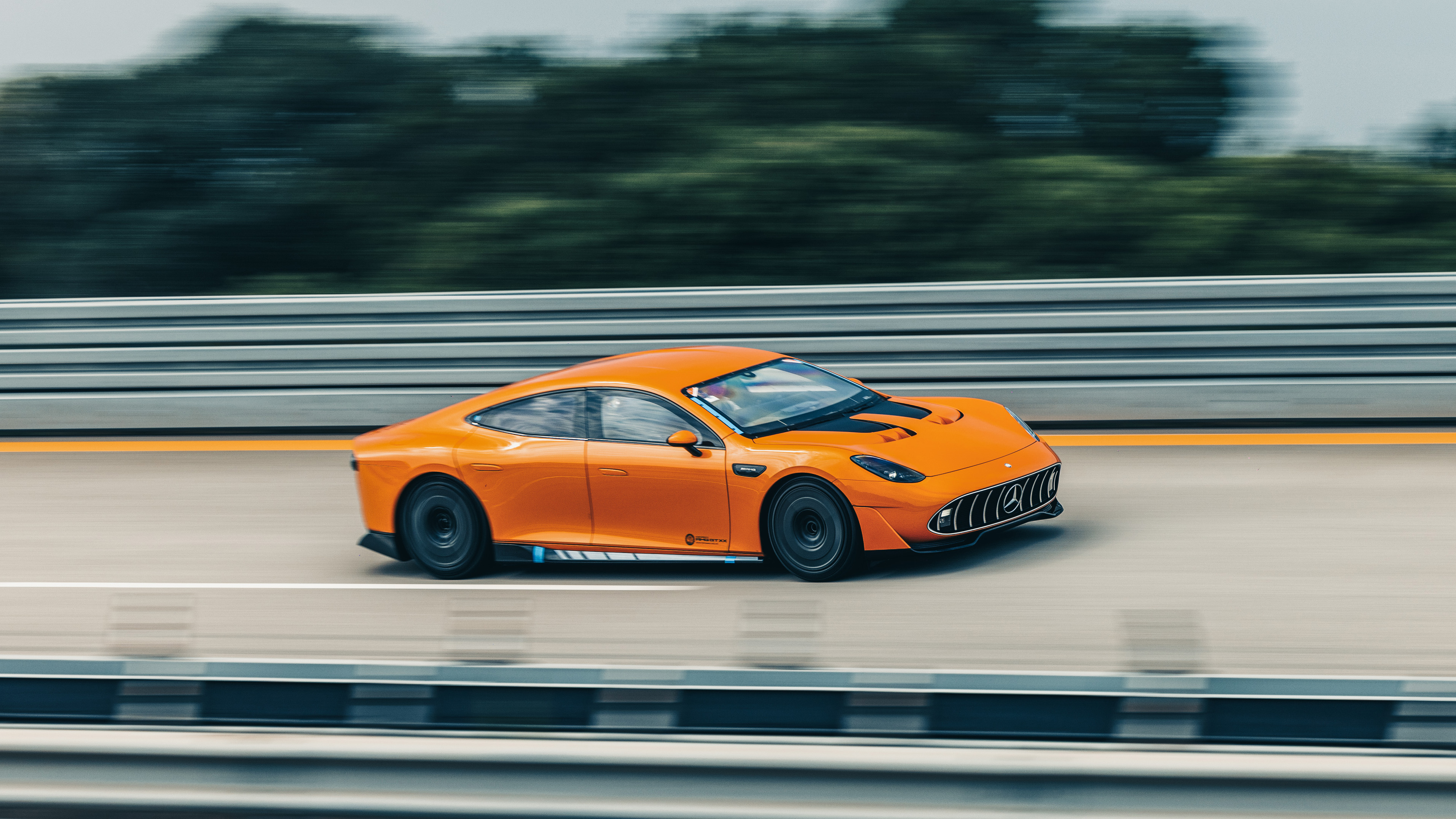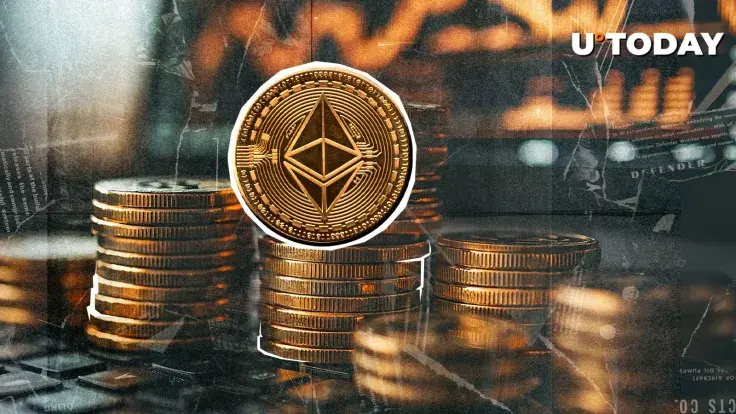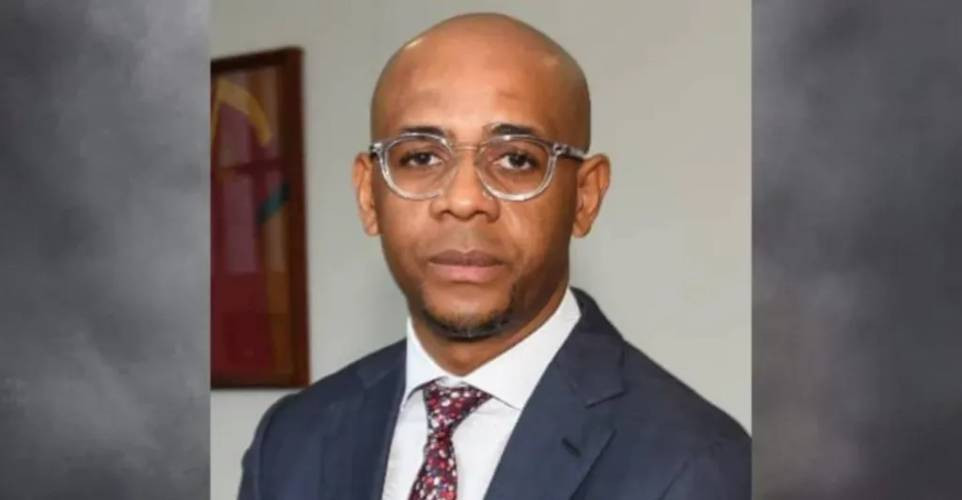Asian Powers Reconcile: India & China Mend Fences In High-Level Diplomatic Thaw
In a significant diplomatic move, the foreign ministers of India and China convened in New Delhi, marking a renewed effort by the nuclear-armed Asian rivals to ease long-standing border tensions that have severely impacted their relationship over the past five years. India’s foreign minister, Subrahmanyam Jaishankar, welcomed his Chinese counterpart, Wang Yi, for discussions aimed at stabilizing ties that deteriorated sharply following a deadly clash along the disputed Himalayan border in 2020.
The 2020 confrontation, described as the worst in decades, resulted in the deaths of 20 Indian soldiers and four Chinese soldiers. This tragic event led to a freezing of high-level political engagements between the two nations, which subsequently deployed tens of thousands of security forces to the contested border areas. Since then, both countries have continued to fortify their respective sides of the border by building crucial road and rail networks, highlighting the deep-seated nature of the dispute.
Despite these challenges, some progress has been made. Last year, both India and China reached a pact on border patrols and agreed to withdraw additional forces from specific border zones. In his opening remarks on Monday, Jaishankar emphasized the necessity of de-escalating border tensions to foster positive momentum in bilateral relations. He stated, “Having seen a difficult period in our relationship, our two nations now seek to move ahead. This requires a candid and constructive approach from both sides.” Wang Yi acknowledged the return of peace and tranquility along the borders and confirmed that China has permitted Indian pilgrims to visit key religious sites in the Tibet autonomous region, signaling a step towards normalization.
The Chinese foreign minister’s visit to India included important high-level meetings. Following talks with Jaishankar, Wang Yi was scheduled to meet with Indian Prime Minister Narendra Modi and hold discussions with Indian National Security Adviser Ajit Doval. A key item on the agenda for these meetings was the reduction of troops along the disputed border, alongside potential discussions on resuming trade in the contested region and facilitating the movement of citizens and visas for businesspeople. China’s Foreign Ministry spokesperson Mao Ning expressed Beijing’s willingness to use Wang’s visit as an opportunity to “properly handle differences and promote the sustained, sound and stable development of China-India relations,” further emphasizing continued in-depth communication to safeguard border peace.
The recent thaw in relations can be traced back to October last year, when Prime Minister Modi and Chinese President Xi Jinping held their first in-person meeting since 2019 at a summit of emerging economies in Russia. Building on this momentum, Modi is preparing for his first visit to China in seven years later this month, where he will attend the Shanghai Cooperation Organization summit. Earlier this year, President Xi had metaphorically called for India and China’s relations to evolve into a “dragon-elephant tango,” symbolizing a harmonious dance between the two nations. This diplomatic engagement also follows a recent trip to Beijing by India’s external affairs minister, his first since 2020.
However, the rebuilding of India-China ties occurs amidst a complex geopolitical landscape, particularly friction between New Delhi and Washington. U.S. President Donald Trump’s administration has imposed a 50% tariff on Indian goods, effective August 27, which notably includes a 25% penalty for India’s purchase of Russian crude oil. This move has strained relations between India, a longtime U.S. ally and a member of the Quad security alliance alongside the U.S., Australia, and Japan. India has shown no signs of backing down from its agreements with Russia, instead deepening economic cooperation.
Further complicating the dynamics, Trump’s renewed engagement with India’s traditional rival, Pakistan, has also played a role in New Delhi’s overtures to China. As noted by Lt. Gen. D.S. Hooda, who previously led the Indian military’s Northern Command, the U.S. hosting Pakistan’s army chief and announcing an energy deal with Islamabad has encouraged India’s diplomatic outreach to Beijing. This is particularly salient given past instances, such as a May clash where Pakistan utilized Chinese-made military jets and missiles against India. Hooda remarked on the impracticality of having
You may also like...
2026 Jeep Cherokee Unveiled: Specs, Price, and Heritage Revival Spark Debate

Jeep re-enters the compact SUV market with the all-new 2026 Cherokee Hybrid, boasting a boxy XJ-inspired design and an e...
Mercedes-AMG GT XX Shatters EV Record, Dares Tesla to Catch Up

Mercedes-AMG's Concept AMG GT XX shattered 25 electric vehicle records during an ultramarathon run at Nardò, covering th...
Tornado Cash Trial Concludes with Guilty Verdict, Crypto Community Seeks Answers

The Tornado Cash trial has concluded with co-founder Roman Storm found guilty of conspiracy to operate an unlicensed mon...
Ethereum Skyrockets to New All-Time High, Legendary Trader Calls It 'Powerful'

Ethereum (ETH) has soared to a new historic peak of $4,885, marking its first all-time high in nearly four years, follow...
AI's Untamed Momentum: Nvidia's Explosive Growth & Future Outlook

AI chipmaker Nvidia's third-quarter revenue forecast surpassed Wall Street estimates, driven by strong demand for its ch...
Trade War Escalates: India Reacts to Crushing US Tariffs on Exports

India is responding to new US tariffs that will affect 55% of its merchandise exports by implementing national strategie...
Thai-Cambodian Border Boiling Point: Fake News, Assassination Plots, and Land Disputes Fueling Tensions

Tensions persist along the Thai-Cambodian border, fueled by accusations of assassination plots, alleged landmine deploym...
Shockwave in Equatorial Guinea: President's Nephew Jailed in Sex Tape Embezzlement Scandal

Equatorial Guinea's former financial investigation agency head, Baltasar Ebang Engonga, has been sentenced to eight year...
